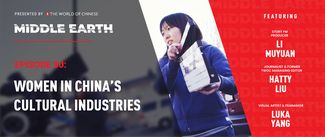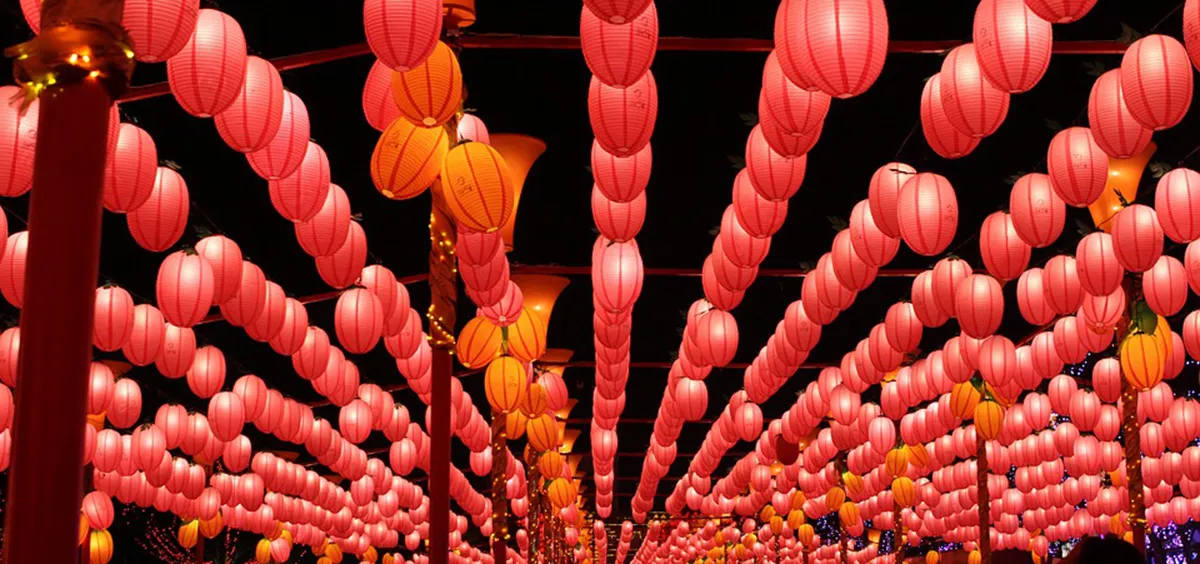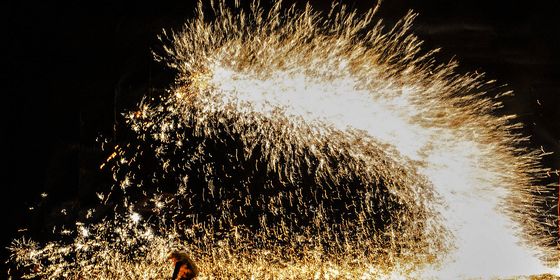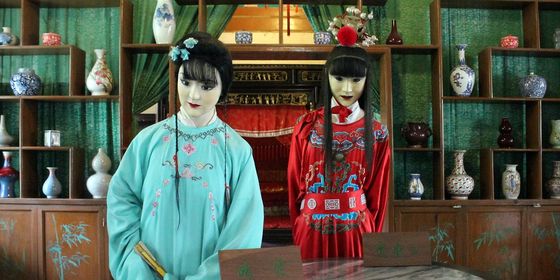Can you guess these well-known lantern riddles from Dream of the Red Chamber?
Today is Lantern Festival, marking the last hurrah of Spring Festival. Besides eating spring rolls (chuanjuan) or gluntinous rice balls (yuanxiao), another custom is to release lanterns—featuring riddles.
During the Xia dynasty, there was already a style of folk poems that asked listeners to guess what the writer was describing. In both the Spring and Autumn and Warring States periods, this tradition evolved into “瘦辞 (shòucí),” poems by government officials which made subtle suggestions to the emperor; if the emperor didn’t like the idea, they could pretend not to understand. By the Song dynasty, this riddling tradition had become commonplace for its amusement value.
The Chinese classic Dream of the Red Chamber contains a famous scene in which the main characters celebrate the Lantern Festival by composing riddles. These are regarded by superfans of the book, known as redologists, as important clues to their personalities, or foreshadowings of their fate—writer Cao Xueqin died before finishing his work, and most editions choose one of several canonical conclusions.
Have a crack at the following “red riddles” by Dream of the Red Chamber‘s characters, as translated by H. Bencraft Joly:
身自端方,体自坚硬。
虽不能言,有言必应。
Correct its body is in appearance,
Both firm and solid is it in substance;
To words, it is true, it cannot give vent,
But spoken to, it always does assent. –by Jia Zheng
能使妖魔胆尽摧,身如束帛气如雷。
一声震得人方恐,回首相看已化灰。
The pluck of devils to repress in influence it abounds,
Like bound silk is its frame, and like thunder its breath resounds.
But one report rattles, and men are lost in fear and dread;
Transformed to ashes , it’s what time to see you turn the head. –by Jia Yuanchun
阶下儿童仰面时,清明妆点最堪宜。
游丝一断浑无力,莫向东风怨别离。
This is the time when ‘neath the stairs the pages their heads raise!
The term of “pure brightness” is the meetest time this thing to make!
The vagrant silk it snaps, and slack, without tension it strays!
The East wind don’t begrudge because its farewell it did take! –by Jia Tanchun
南面而坐,北面而朝。
“象忧亦忧,象喜亦喜。
With the South, it sits face to face,
And the North, the while, it doth face;
If the figure be sad, it also is sad,
If the figure be glad, it likewise is glad! –by Jia Baoyu
有眼无珠腹内空,荷花出水喜相逢。
梧桐叶落分离别,恩爱夫妻不到冬。
Eyes though it has; eyeballs it has none, and empty it is inside!
The lotus flowers out of the water peep, and they with gladness meet,
But when dryandra leaves begin to drop, they then part and divide,
For a fond pair they are, but, united, winter they cannot greet.-by Xue Baochai
What are they describing?
- Inkslab (Jia Zheng)
- Firecraker (Jia Yuanchuan)
- Kite (Jia Tanchun)
- Mirror (Jia Baoyu)
- Bamboo lady (Xue Baochai)














